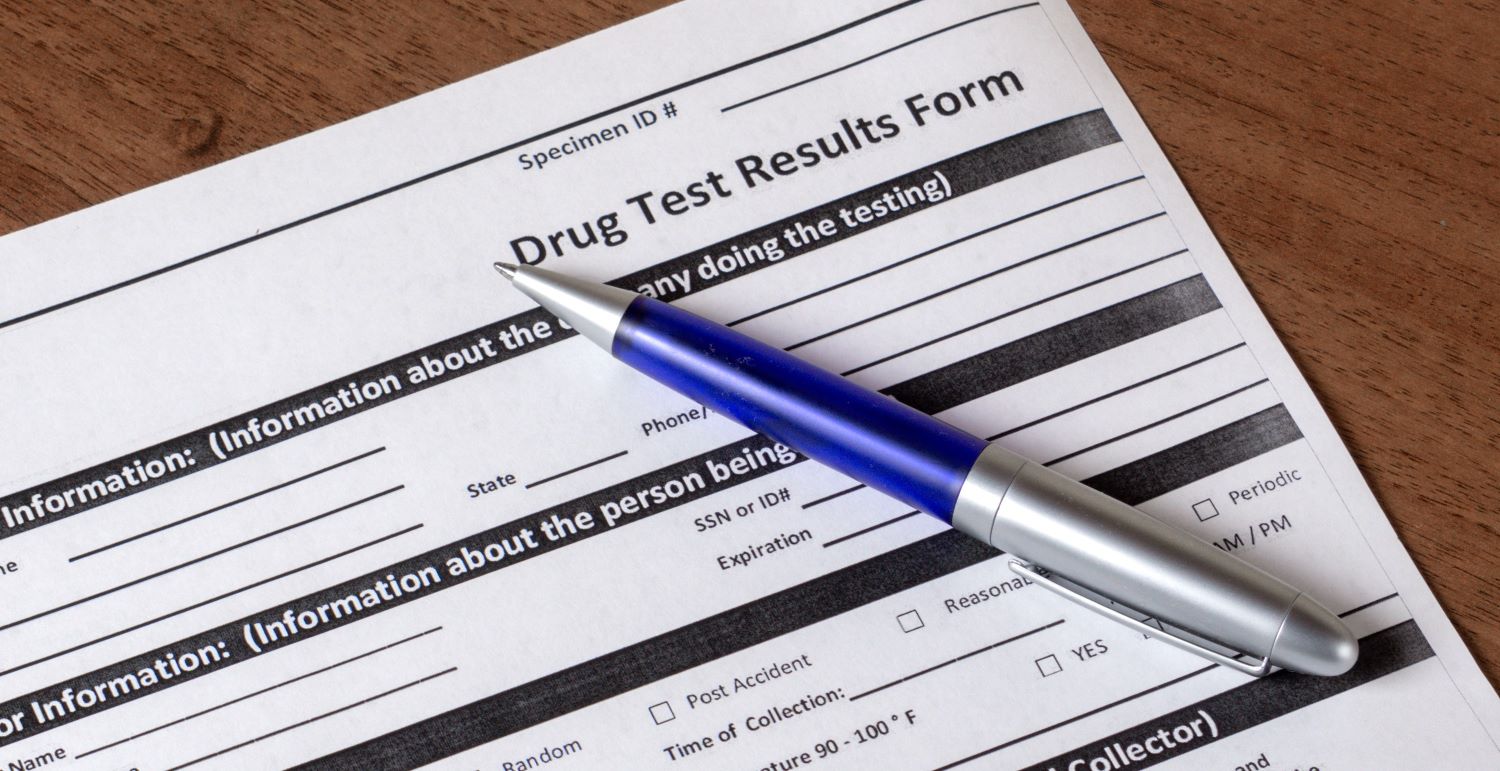Bell v. WA State Department of Corrections
Drug Testing Prison Mail and Papers: False Positives Should Not Have Real Consequences
Criminal Justice Reform – IMPACT LITIGATION
OVERVIEW
Prisons in Washington State regularly test incoming mail and other belongings of incarcerated individuals for drugs. Unfortunately, prison officials are using faulty, rapid drug tests that report “presumptive positives,” and then punishing people based on inconclusive results. In Massachusetts, a judge stopped the use of similar tests in 2021, after it was revealed they had a nearly 40% false positive rate.
Columbia Legal Services has received numerous requests for help from people at Washington Department of Corrections (DOC) facilities who have faced harsh and irreversible consequences based on these faulty tests.
People have been placed in prolonged solitary confinement (an internationally recognized form of torture), lost access to education and work , been moved to more restrictive prisons away from their loved ones, faced delayed prison release dates (at a daily cost of nearly $174 per person to Washington State taxpayers), and been barred from contacting their loved ones—all because of presumptive positive results.
Not only is this unfair and inhumane for people living inside prison, but false positives have the potential to destroy lives outside of prison as well. Family or friends accused of sending drugs into prison have no basis to challenge findings that exist on record with DOC and could be reported to law enforcement.
Columbia Legal Services filed a lawsuit on September 22, 2023, to seek an end to this testing practice and to seek relief for all incarcerated individuals harmed by these tests.
TEAM



“Only marginally better than a coin flip”

We filed a class action lawsuit against the WA Department of Corrections (DOC) for using faulty drug tests to justify cruel punishment, including months in solitary confinement. The cheap colorimetric tests are designed to screen paper items for certain chemicals and must be followed by laboratory testing to confirm the presence of drugs. In 2021, a Massachusetts court forced that state’s DOC to stop using similar tests, describing them as “only marginally better than a coin flip” at identifying drugs. However, Washington prison officials are imposing harsh punishment on people based on the cheap tests alone.
We are proud to stand with Mr. Bell, Mr. Ross, and many others, to make sure DOC cannot target and harm people in their custody with no cause or recourse.
You can read more on our website or from The Spokesman Review.